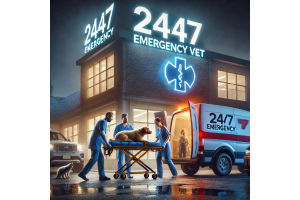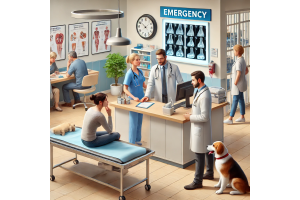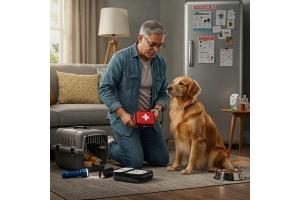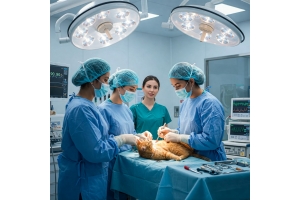Common Pet Emergencies Requiring Immediate Attention
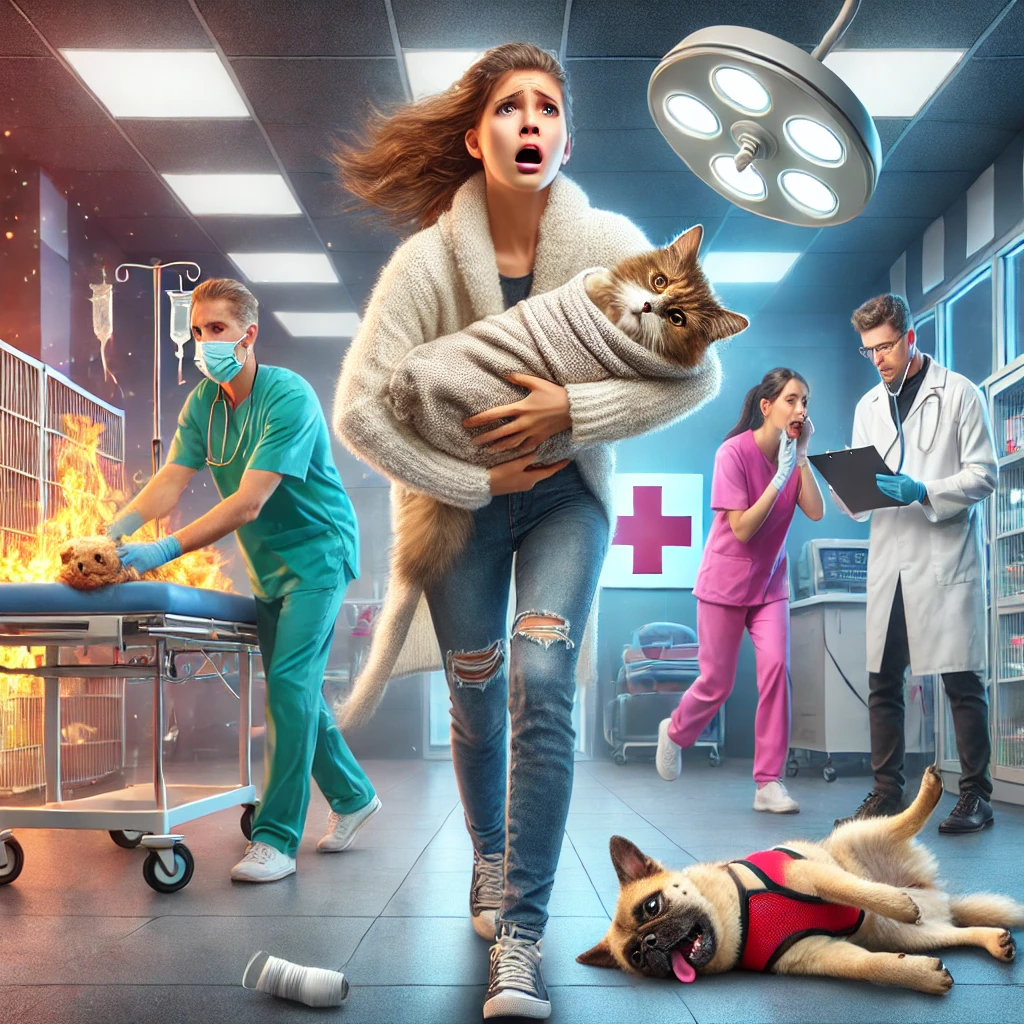
Pets are active creatures and often find themselves in situations that demand urgent medical attention. Pet parents need to be able to recognize when a situation is an emergency, as timely intervention can save their lives. Here are some common pet emergencies that require immediate attention.
- Poisoning
Poisoning is one of the most common emergencies, especially in curious pets. Household items like chocolate, antifreeze, cleaning products, and certain plants can be toxic to pets. If you suspect your pet has ingested something poisonous, act quickly.
- Signs of poisoning: Vomiting, diarrhea, excessive drooling, lethargy, seizures, and unusual behavior.
- Immediate action: Rush your pet to an emergency vet hospital immediately. If possible, bring the packaging or label of the substance ingested to the hospital for faster identification of the toxin.
- Traumatic Injuries
Trauma resulting from accidents, falls, or fights can cause internal injuries, broken bones, or bleeding. Common causes of trauma include car accidents, animal attacks, and falls from heights.
- Signs of trauma: Limping, labored breathing, inability to move, swelling, and visible wounds.
- Immediate action: Keep your pet calm and avoid handling the injured area. Transport your pet to a 24-hour pet hospital for evaluation.
- Breathing Difficulties
Pets experiencing difficulty breathing, such as labored or rapid breathing, can be in danger. Conditions like heart failure, pneumonia, or airway blockages can make breathing difficult and may require immediate attention.
- Signs of breathing difficulty: Gasping for air, open-mouthed breathing, coughing, wheezing, or blue-tinged gums.
- Immediate action: Bring your pet to the vet immediately, ensuring their airway is clear.
- Seizures
Seizures are often caused by neurological issues, toxins, or underlying health problems. If your pet experiences a seizure, it’s essential to seek help immediately.
- Signs of a seizure: Loss of consciousness, muscle spasms, drooling, and disorientation.
- Immediate action: Keep your pet safe from falling or injury during the seizure, and transport them to an emergency vet as soon as the episode ends.
- Heatstroke
Pets, especially dogs, can suffer from heatstroke during hot weather or if they’re overexerted in the sun. Heatstroke is a medical emergency and can be fatal if not treated promptly.
- Signs of heatstroke: Excessive panting, drooling, lethargy, vomiting, and collapse.
- Immediate action: Move your pet to a cooler area, provide fresh water, and rush them to the emergency pet hospital for immediate care.
- Bloat (Gastric Dilatation Volvulus - GDV)
Bloat, also known as gastric dilatation volvulus (GDV), is a condition where the stomach twists and fills with gas. It’s a life-threatening emergency, especially in large dogs.
- Signs of bloat: Swollen abdomen, restlessness, drooling, unproductive vomiting, and rapid breathing.
- Immediate action: Transport your pet to a veterinary hospital immediately for surgery.
- Bleeding or Profuse Wounds
If your pet is bleeding heavily or has a large wound, it’s important to stop the bleeding as quickly as possible.
- Signs of severe bleeding: Blood spurting from a wound, or soaking through a bandage.
- Immediate action: Apply pressure to the wound to control the bleeding and get your pet to an emergency vet hospital without delay.

